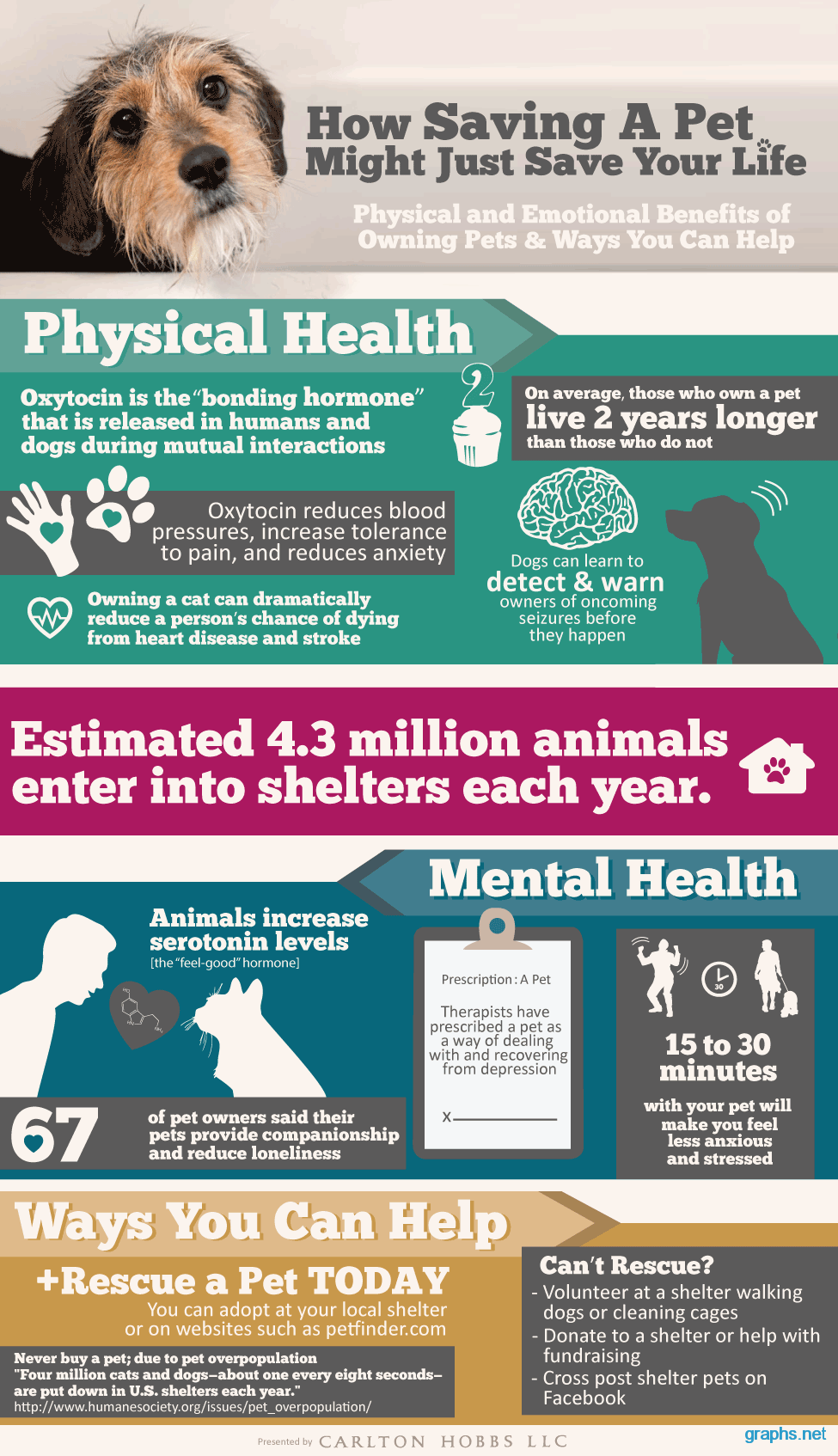Top Benefits Of Dog Daycare Why Your Pup Deserves A Day Out
Top Benefits Of Dog Daycare Why Your Pup Deserves A Day Out
Blog Article
Can Dog Daycare Reason Health Problem?
Possibilities are that if your dog is regularly revealed to other canines, even if they're properly immunized, they may come home with some sort of disease. Vaccinations, normal veterinary checkups, and excellent hygiene techniques can lessen risk variables for infection and illness.
Emphasized or anxious dogs can develop gastrointestinal problems and other health issues that are easily spread between dogs. Establishing age restrictions and behavioral rules can help ensure that just healthy and balanced dogs enter your center.
Distemper
Canine distemper is a significant and usually fatal infection that strikes a pet's respiratory system, digestion, skin and body immune systems. Young puppies are particularly prone and can acquire the illness with direct contact with an infected animal or through the airborne transmission of infection fragments emitted during coughing, sneezing or taking a breath.
The incubation duration for canine distemper is in between 3 and 7 days. While young puppies at day care may appear to capture parvo from one more contaminated canine, it's unlikely because the incubation period is so short.
While there is no treatment for canine distemper, encouraging treatment can assist canines recover. This includes liquids, anti-biotics and drugs to manage seizures. The Drake Center for Veterinary Care notes that signs and symptoms consist of drippy eyes and nose, diarrhea, vomiting, anorexia nervosa and neurological troubles such as twitching and tremblings. Young puppies need a complete inoculation series and yearly boosters to shield them versus this illness, which is why respectable doggy daycare centers call for updated vaccinations.
Kennel Cough
Kennel Coughing (Dog Contagious Tracheobronchitis) is a highly contagious top breathing condition caused by microorganisms and infections. It spreads via air-borne droplets from a cough or sneeze, straight get in touch with, and sharing of polluted objects such as playthings or water bowls. It is native in places where several pet dogs are housed close together, such as kennels, canine parks, grooming hair salons and programs. A number of vaccines are readily available to secure against the virus that trigger kennel cough, and correct health practices can aid stop infection.
The classic signs and symptom is a completely dry, hacking cough comparable to that of a goose honk, and a lot of dogs recoup with little treatment. However, extreme situations can lead to pneumonia, and pups or canines with pre-existing ailment go to higher threat for problems. To quicken healing, use a harness as opposed to a collar while your canine is recouping to prevent irritation to the windpipe. A humidifier might also aid to moisten the air and prevent completely dry coughing.
Parvovirus
Parvovirus (CPV) is a serious condition in dog boarding kennel near me canines. It resembles feline panleukopenia (feline distemper), however it's much more dangerous and can spread promptly among pets because of its exceptionally durable nature.
This virus assaults the intestinal cellular lining of a dog, ruining it and causing germs to slough off right into the bloodstream. The weakened body immune system and overwhelming microorganisms lead to septic shock, which is generally fatal.
Luckily, veterinary healthcare facilities offer reliable therapy for parvovirus. These medicines are offered directly right into a patient's blood stream and targeted in the direction of the particular pressure of parvovirus. This treatment technique is highly efficient and aids retrain the body immune system to fight off the infection. Pet dogs with extreme symptoms are usually hospitalized for several days for tracking and extensive care to guarantee their survival. Pups, unvaccinated canines and pets with weak immune systems are especially at risk to parvovirus. This is especially real for pups born to stray moms and sanctuary environments, where they are revealed to several other ill and at risk canines.
Dog Flu
Canine flu (CIV) is a transmittable respiratory illness that can be brought on by dogs sharing polluted surface areas or direct contact with respiratory secretions. CIV spreads quickly in settings where there are high numbers of canines, such as pet dog parks, daycares, grooming centers and vet facilities.
Infected dogs dropped the infection via aerosol respiratory droplets when coughing or sneezing, and might infect objects they come into contact with like cages, playthings, food bowls, chains and the hands and apparel of people who manage them. Pets can also be "silent providers" spreading out the infection without revealing any signs themselves.
Signs of canine flu consist of nasal and eye discharge, cough, fever, loss of appetite, and weak point. The infection can proceed to pneumonia, which can be deadly in some dogs. PCR viral testing is offered for verification of infection. Preferably, examples (usually deep nasal or pharyngeal swabs) for PCR testing ought to be gathered within 4 days of the start of professional indicators.